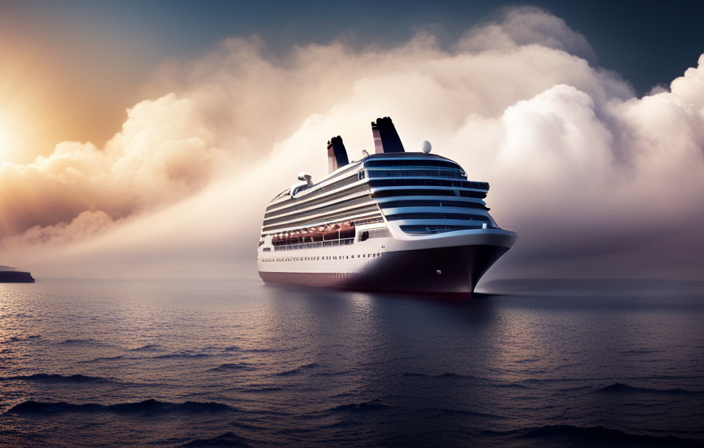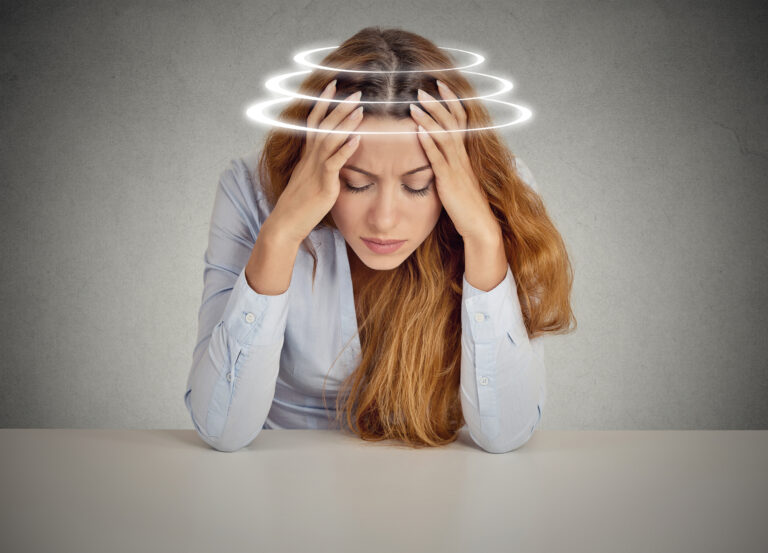Table Of Content

Seasickness medication, such as antihistamines or scopolamine patches, are commonly used to prevent or alleviate the symptoms of motion sickness. While they can be effective for many individuals, these medications can also have side effects that contribute to dizziness. Some people may experience drowsiness or grogginess as a result of taking these medications, which can exacerbate feelings of lightheadedness.
Advice How to prevent motion sickness before your next trip - The Washington Post
Advice How to prevent motion sickness before your next trip.
Posted: Tue, 01 Aug 2023 07:00:00 GMT [source]
Vertigo Attacks Due to A Vestibular Problem
To mitigate the impact of anxiety and stress on post-cruise dizziness, it’s important to address these psychological factors. There are several strategies you can employ to manage anxiety and stress, including relaxation techniques, mindfulness exercises, and deep breathing exercises. These practices can help activate the body’s relaxation response and reduce feelings of dizziness. Anxiety and stress can significantly contribute to feelings of dizziness after a cruise. Cruising, with its unfamiliar surroundings, crowds, and new experiences, can sometimes trigger anxiety or stress in individuals. The anticipation or fear of feeling unsteady can also play a role in heightening these emotions.
What Are Sea Legs? A Doctor Weighs In On How To Stop The Sway - TravelAwaits
What Are Sea Legs? A Doctor Weighs In On How To Stop The Sway.
Posted: Tue, 09 Apr 2024 07:00:00 GMT [source]
Sean_B

Consent was acquired from this patient to retrospectively review her case and clinical management protocols. “This is the best course of management — using a series of repetitive motions to recalibrate your body,” Dr. Honaker says. Depending on results of the evaluation, your doctor may refer you to an audiologist; an ear, nose and throat specialist; or a neurologist.
MdDs vs Motion Sickness: Are They Different?
I also pack just about every OTC seasickness med available, just in case my children or anyone else I know or meet needs it. However if I experience any symptoms of Mal de Debarquement Syndrome after my voyage I always treat, manage & combat it with (exercise). Vestibular rehabilitation therapy, which involves exercises to improve balance and coordination, may also be helpful for some people. Information on this website is not intended to be used for medical diagnosis or treatment. If you have previously experienced MdDS and your symptoms have finally resolved, avoiding the same precipitating event may be helpful in preventing a recurrence.
It’s also important to take steps to prevent MDDS before and during your cruise. This can include taking medication to prevent motion sickness, staying hydrated, and avoiding alcohol and caffeine. Additionally, during the cruise, you can try to stay in the middle of the ship, where there is less motion, and avoid looking at the ocean or other moving objects. MdDS is a rare motion disorder that affects some people after they disembark from a boat or ship. Symptoms can persist for days, weeks, or even months after the cruise has ended, making it difficult for sufferers to resume their daily activities. PPPD is NOT a psychiatric disorder, but rather a neuro-otologic condition with behavioral elements.
Mal de Debarquement Syndrome (MdDS)
There is an area of care seeing great success in caring for its vertigo patients. Imagine the world won't stop rocking, even when you're on solid ground. That persistent swaying and bobbing sensation is the reality for people with Mal de Debarquement Syndrome (MdDS). It can feel like the aftermath of a long sea voyage that never ends, and it's often mistaken for lingering motion sickness.
Understanding Motion Sickness
The internal model normally is disposed of once the person returns to terra firma, again over a period of hours to days. Persons with MdDS are unable to dispose of this internal model, which is only useful when they are exposed to periodic motion (such as when driving a car). The most common cause of mal de débarquement syndrome (MdDS) is sea travel or other water-based activities. For example, people who board a cruise ship usually have to acclimate (adjust) to the new and constant motion of being on water. It’s important to note that not everyone will experience dizziness as a side effect of seasickness medication. Each individual may react differently, and some may find that the benefits of the medication outweigh any potential side effects.
A Guide to Cruises and Vertigo
And if you’re already dealing with the symptoms, try the techniques listed in this article, they work wonders for less severe cases, and you’ll notice an improvement within a few days. While the exact cause of vertigo after a cruise is unknown, there are things you can do to control it. While mal de débarquement syndrome has only recently been recognised as a distinct neurological disorder, mentions of the condition can be found in historical literature and texts.
Sailors' tricks and tips to get your land legs back
The rule then for pitch rotation of the boat, one should ignore somatosensory information signaling rotation . Thus for pitch of the boat, a selective "down weighting" of somatosensory information, or both somatosensory and visual information according to context, would be a reasonable adaptation (or rule). MdDS also overlaps with a little studied group of patients called "rockers", who develop similar symptoms to MdDS, without a preceding motion exposure. Another name for the same group is "non motion triggered MdDS"(Cha 2012) -- which is of course a contradiction in terms, but it presumably serves to widen the spectrum of "MdDS". Another term is "spontaneous MdDS" (Dai et al, 2017), again an odd term as there was no "Debarquement".
Middle-aged women are particularly susceptible to motion sickness, especially during the perimenopausal and menopausal periods. This is because hormonal changes during this time can disrupt the vestibular system, making it more sensitive to motion. Smelling alcohol pads for nausea is a home remedy that some people use to try and alleviate feelings of nausea. The idea behind this practice is that the strong scent of the alcohol might help to distract from or mask the sensation of nausea. Additionally, some believe that the alcohol’s volatile compounds could have a calming effect on the stomach. If you’re prone to motion sickness, try to avoid reading while on the ship.
Interestingly, many patients report that motion like driving or walking helps to ease the symptoms of land sickness. Overall, Timothy C. Hain’s research has helped to advance our understanding of motion sickness and improve treatment options for those who suffer from this condition. His work has been instrumental in developing new treatments and interventions that can help people overcome the symptoms of motion sickness and enjoy travel and other activities without discomfort.
However, it is important to avoid exercising immediately before or after a cruise, as this can exacerbate symptoms. In general, anyone can experience motion sickness, but some groups may be more susceptible to it than others. Avoid looking at anything that is moving, such as the waves or other passengers.



